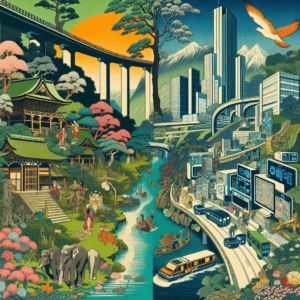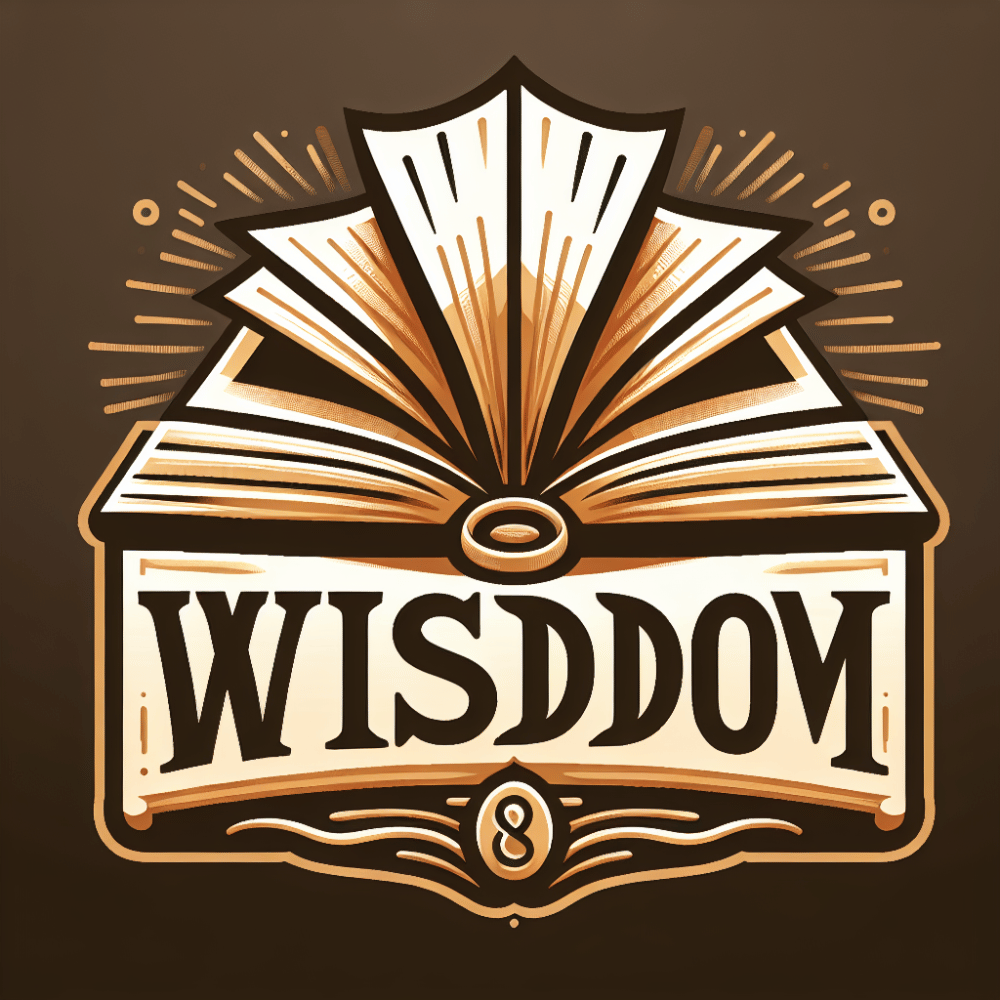
Traditional wisdom accumulated over centuries from diverse cultures around the world continues to offer valuable insights and practices that resonate in contemporary society. This article explores how ancient wisdom is being applied in modern contexts, bridging the gap between the past and present to address current challenges and enhance well-being.
Understanding Traditional Wisdom
Traditional wisdom encompasses teachings, beliefs, and practices passed down through generations within communities. Rooted in cultural heritage and experience, it reflects a holistic approach to life, encompassing values, ethics, spirituality, and practical knowledge.
Applying Traditional Wisdom in Modern Contexts
- Mindfulness and Meditation: Practices rooted in Buddhist and Hindu traditions, such as mindfulness meditation and yoga, have gained popularity worldwide for their benefits in reducing stress, improving mental clarity, and promoting overall well-being.
- Natural Medicine and Healing: Traditional systems like Traditional Chinese Medicine (TCM), Ayurveda from India, and Indigenous healing practices emphasize holistic health approaches, incorporating herbal remedies, acupuncture, and energy healing techniques.
- Sustainable Living: Indigenous cultures have long practiced sustainable agriculture, land stewardship, and resource conservation. Modern sustainability initiatives draw from these practices to promote environmental stewardship and resilience to climate change.
Ethical Governance and Leadership
- Democratic Principles: Ancient Greek concepts of democracy and civic engagement inspire contemporary governance models, promoting citizen participation, accountability, and the rule of law.
- Leadership Values: Traditional leadership principles from various cultures emphasize integrity, humility, and servant leadership, guiding modern leaders in fostering inclusive workplaces and sustainable organizational practices.
Cultural Heritage and Identity
- Preserving Cultural Diversity: Efforts to preserve and celebrate cultural heritage, languages, and traditions help communities maintain their identity while promoting global understanding and tolerance.
- Art and Expression: Traditional arts and craftsmanship continue to inspire contemporary creativity, fostering cultural pride and economic opportunities in communities around the world.
Education and Lifelong Learning
- Holistic Education: Integrating traditional wisdom into education systems promotes holistic development, critical thinking, and empathy among students, preparing them to navigate complex global challenges.
- Interdisciplinary Studies: Combining traditional knowledge with modern disciplines like environmental science, public health, and social justice enhances research, innovation, and policy development.
Bridging Generations and Cultures
- Intergenerational Dialogue: Sharing traditional wisdom between generations fosters mutual respect, preserves cultural continuity, and promotes intercultural understanding in multicultural societies.
- Global Collaboration: Collaborative initiatives that incorporate diverse perspectives and traditional knowledge systems facilitate innovative solutions to global issues such as climate change, biodiversity loss, and social inequality.
Conclusion
In conclusion, the modern application of traditional wisdom serves as a bridge between past traditions and contemporary challenges, enriching our understanding of holistic well-being, sustainability, governance, and cultural identity. By honoring and integrating ancient teachings into modern practices, societies can foster resilience, promote social cohesion, and achieve sustainable development goals.

